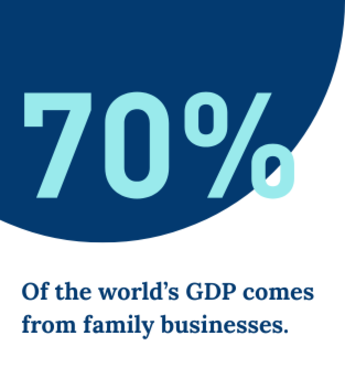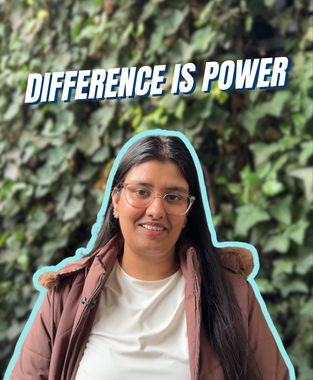Dare HEC Media Hub

How Competition and Job Mobility Shape Investment in Workers
6 minutes
Giacomo Rostagno
Young scholar's research shows that firms delay training for fear of losing employees to rivals.
Insights You Need
Research by Mensah, Paugam and Stolowy of HEC Paris reveals how banks exploit corporate scandals triggered by short sellers, charging unjustified rate hikes when firms are most vu…
Albert Mensah, Luc Paugam, Hervé Stolowy
HEC Paris research by Daria Morozova (H.23) reveals how psychological responses to AI shape creative effort, identity, and collaboration in the future workplace.
Daria Morozova
Some encounters change destinies. Keep your mind open.
Inspiring voices

94 minutes
Leaders speaking openly about their vulnerability
HEC Paris Sustainability & Organizations Institute
Stories
HEC Startups
Think sharper. Grasp what matters. Solve better.
Reskill Masterclass

32 minutes
How Firms Value Sales Career Paths?
Dominique Rouziès
Knowledge

7 minutes
How Activist Short Sellers Move a Stock
Alexandre Madelaine, Luc Paugam, Hervé Stolowy

7 minutes
Who Will Win the Tug-of-War Between Europe and Big Tech?
Klaus Miller, Daniel Brown

7 minutes
When Oscar Nominations Make Audiences Harsher
Michelangelo Rossi, Felix Schleef

Overlooking Vulnerability Can Harm Everyone, Including Your Business
Octavio Augusto de Barros
Decoding
Enough talk. Join the doers. Make change happen.
HEC Startups
Features
April 2025

AI Technology: On a Razor's Edge?
AI challenges creativity, governance, jobs, and trust, raising urgent questions across every sector.
January 2025

Saving Lives in Intensive Care Thanks to AI
Julien Grand-Clément

AI Accuracy Isn’t Enough: Fairness Is Now Essential
Christophe Pérignon

AI and Sovereignty: The Geopolitical Power of Submarine Cables
Olivier Chatain, Jeremy Ghez
Growth or Human Ties
The Selection By
Isaline Rohmer
Isaline Rohmer is a consultant and member of the Omnicité cooperative. She coordinates a research program for HEC Paris on social entreprene…
December 1st, 2025

Podcasts
Voices Creating New Narratives and Shaping the Future of Megacities

Inside São Paulo: Building Bridges Toward Shared Prosperity
HEC Paris Sustainability & Organizations Institute
41 minutes

Inside Mumbai: Bridging Divides in a City of Extremes
HEC Paris Sustainability & Organizations Institute

Inside Cairo: A Layered City Where Past and Future Intersect
HEC Paris Sustainability & Organizations Institute
38 minutes

Inside Kinshasa: The Forces Powering Africa's Largest Urban Future
HEC Paris Sustainability & Organizations Institute
27 minutes
HEC researchers unpack their latest findings on real-world challenges

How Middle Managers Bring Corporate Purpose to Life
Pauline Asmar
34 minutes
Videos
Videos that break down big ideas in minutes
Leading figures with ideas that matter to elevate the debate

94 minutes
Leaders speaking openly about their vulnerability
HEC Paris Sustainability & Organizations Institute
Live masterclasses to learn new skills and grow professionally
Students’ perspectives on what matters today and what drives them

For curious minds seeking research-based insights and inspiring stories that help make sense of a world in transition, and unlock solutions within a purpose-driven community.

















































